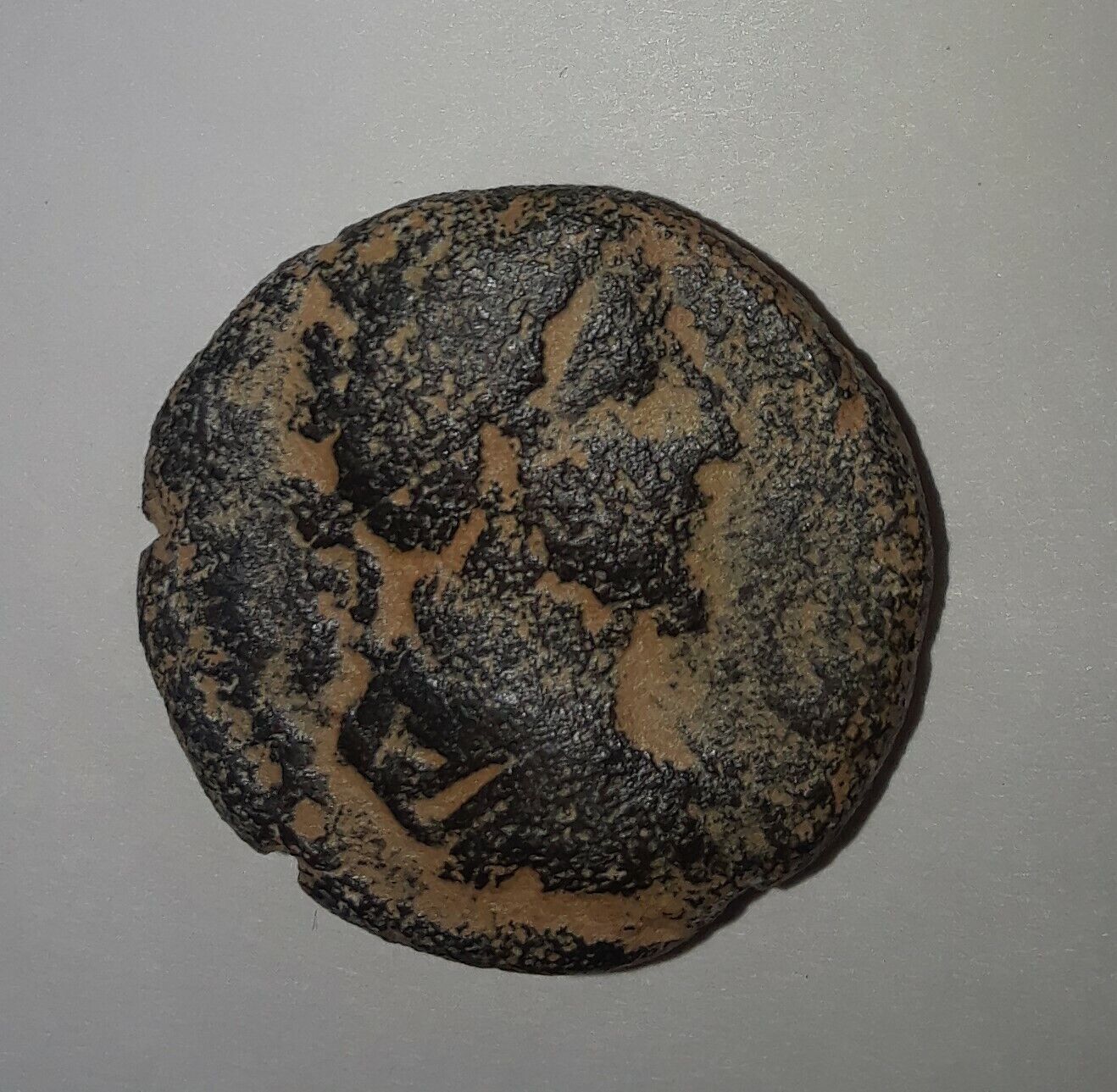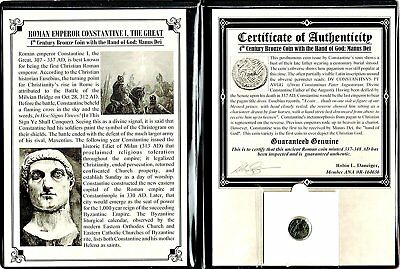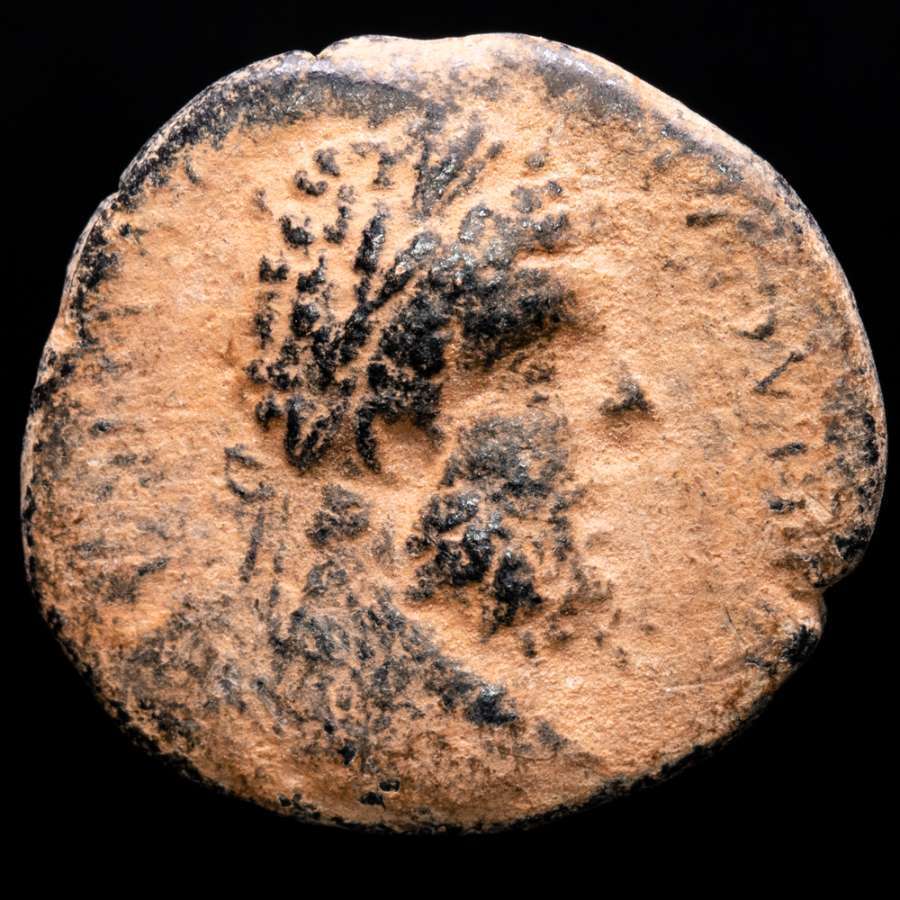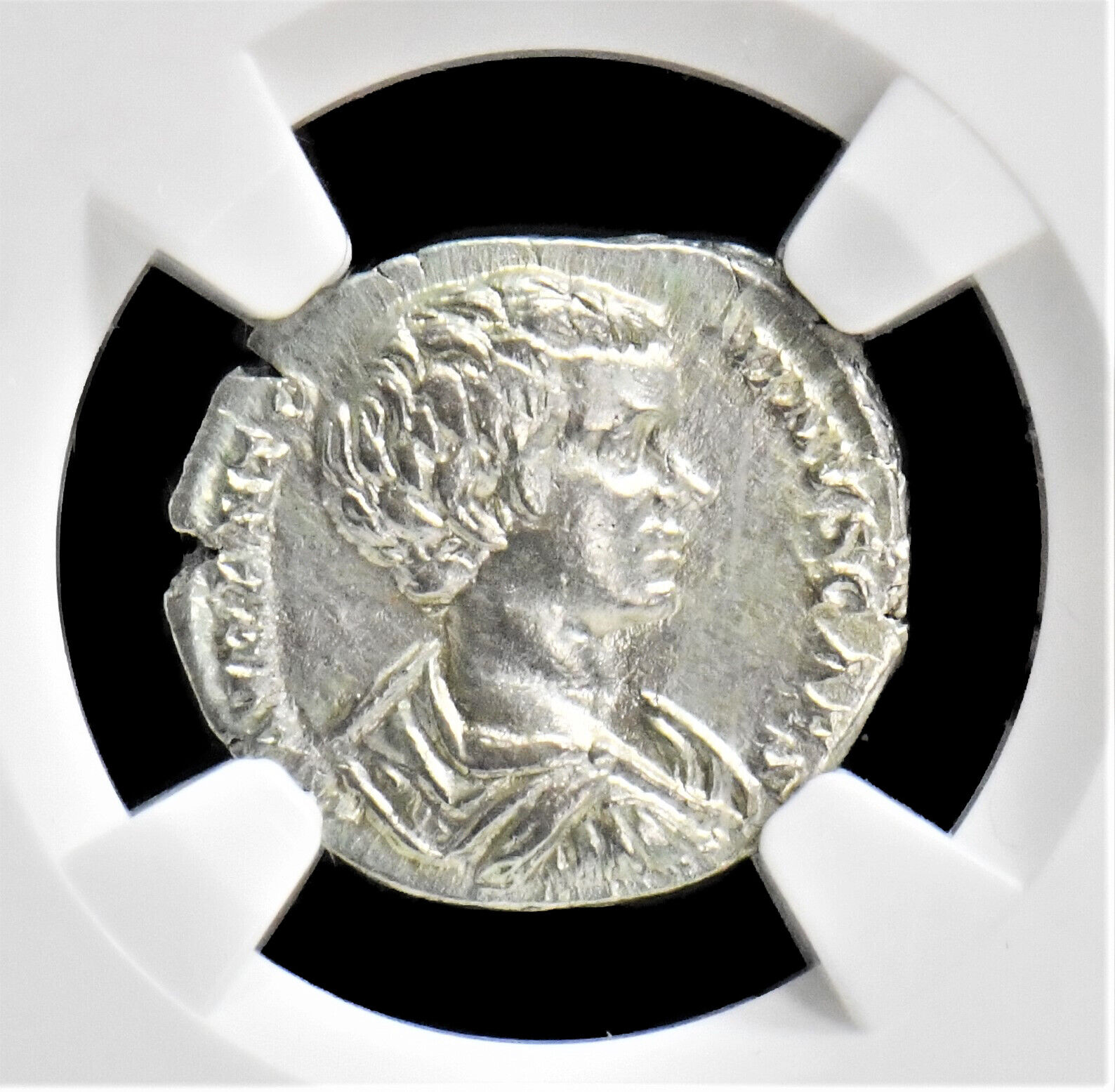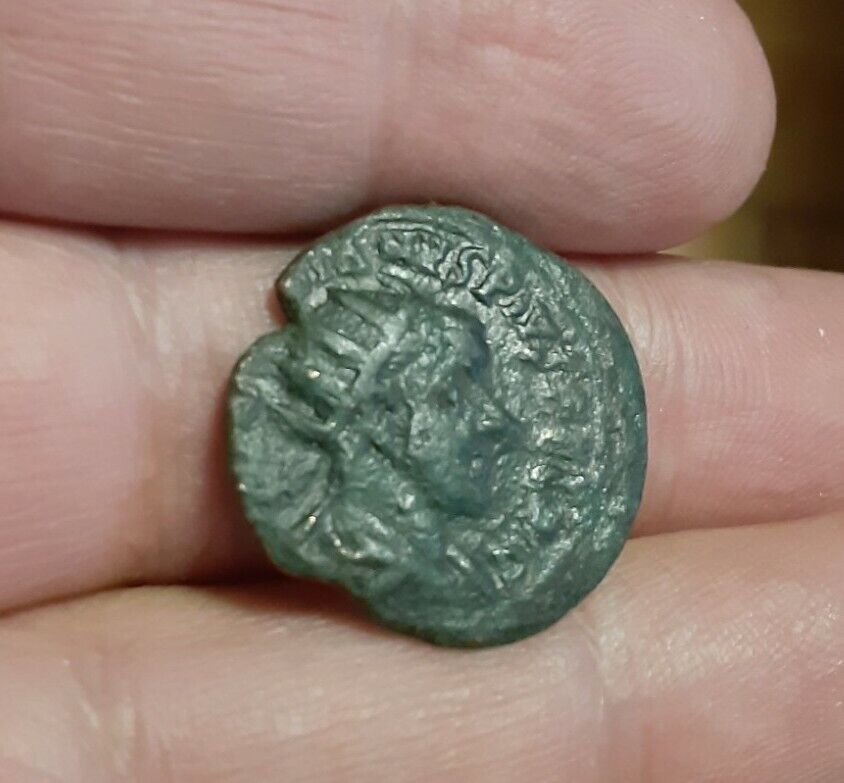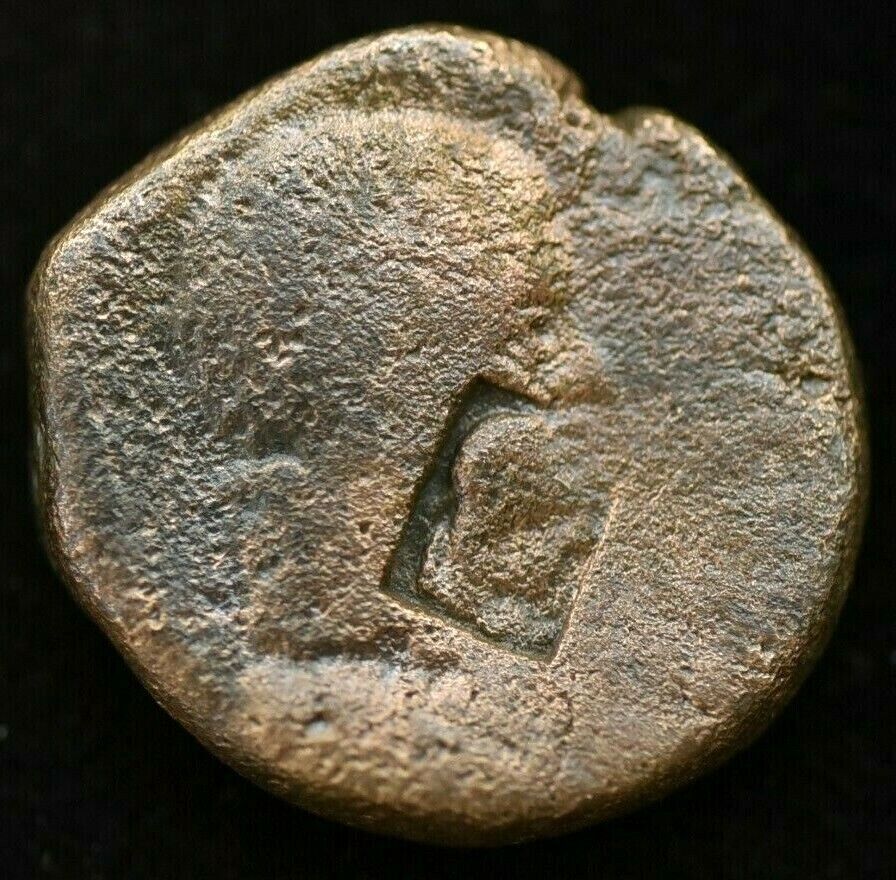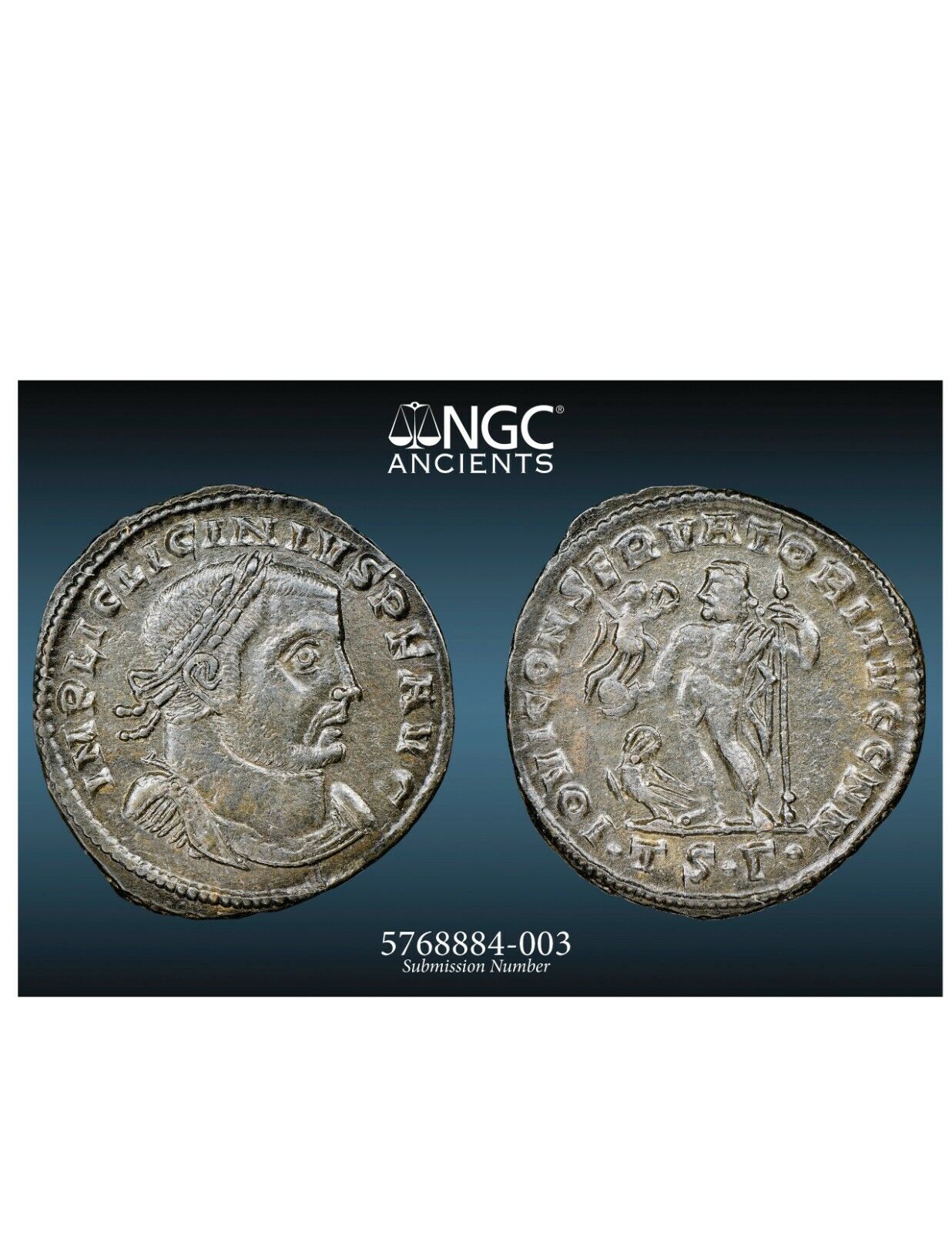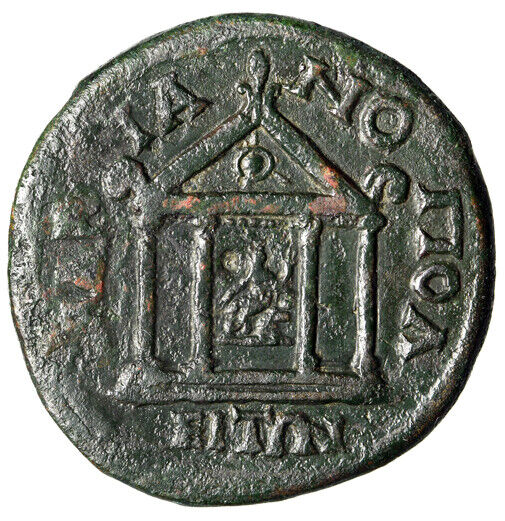-40%
Judaea, Caesarea Maritima, Commodus, 177-192 AD. AE 22
$ 17.27
- Description
- Size Guide
Description
Judaea, Caesarea Maritima. Commodus, 177-192 AD. AE 22.IM COMMODVS ANTONINVS, laureate, draped & cuirassed bust right / COL P R MA F AVG CAISAR(...), draped bust of Serapis right. Kadman 59; SNG ANS 783; Rosenberger 45; Sofaer 46.
Weight - 8.97 g.
Shipping - domestic - , registered mail, to USA - , tracked packet. I do not sell to other countries currently due to the raised cost of tracked shipping. Shipping combined on multiple purchases. Payment by PayPal.
History: Caesarea Maritima, originally an ancient Phoenician settlement known as Straton’s (Strato’s) Tower, it was rebuilt and enlarged in 22–10 BCE by Herod the Great, king of Judaea under the Romans, and renamed for his patron, the emperor Caesar Augustus. The city was described in detail by the 1st-century Roman Jewish historian Josephus. Roman prefect moved there soon after its foundation.
This city is the location of the 1961 discovery of the Pilate Stone, the only archaeological item that mentions the Roman prefect Pontius Pilate, by whose order Jesus was crucified. The emperor Vespasian raised its status to that of a Colonia, with the name Colonia Prima Flavia Augusta Caesarea. After the destruction of Jerusalem in 70 AD, Caesarea was the provincial capital of the Judaea Province, before the change of name to Syria Palaestina in 134 AD, shortly before the Bar Kokhba revolt. In Byzantine times, Caesarea remained the capital, with brief interruption of Persian and Jewish conquest between 614 and 625.
